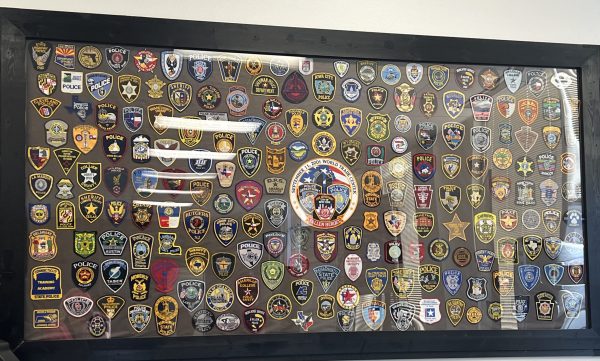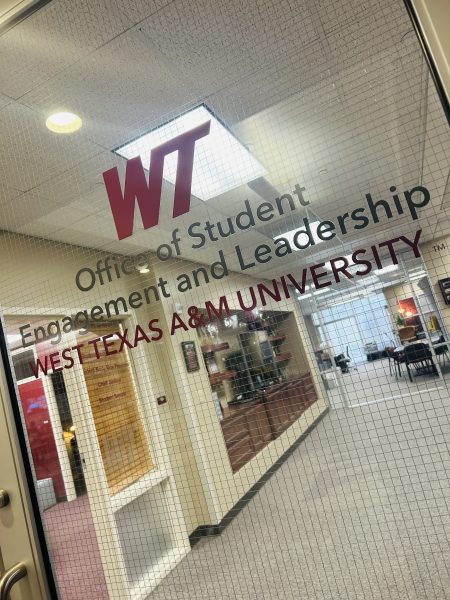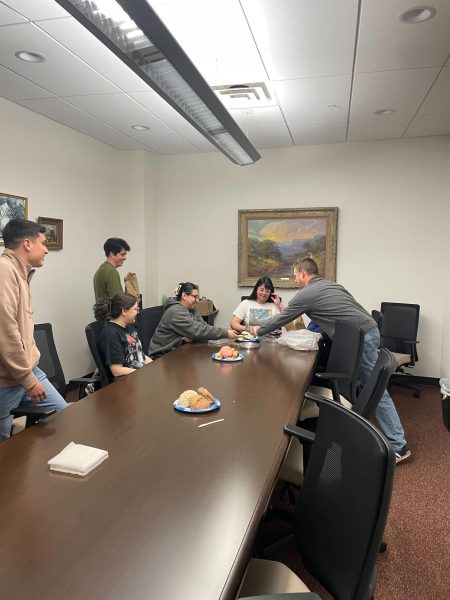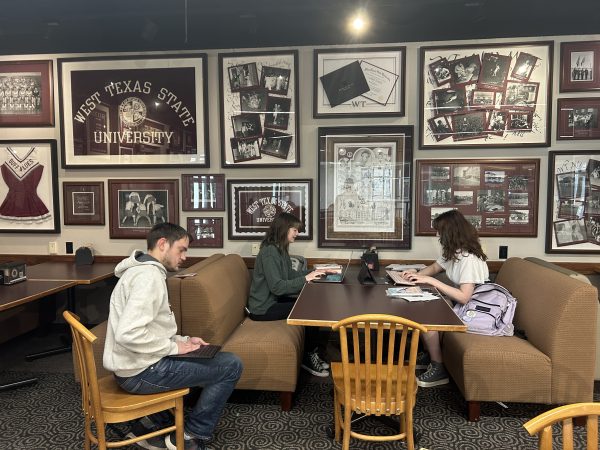Students help professors in death penalty study
April 10, 2012
A handful of professors at WTAMU are teaming up to research how death-qualified juries in Texas affect the outcome of capital murder cases and students are weighing in on the study.
“We want to examine this idea of death qualification,” Dr. Keith Price, associate professor of Criminal Justice and Sociology at WT, said.
In Texas, citizens chosen to participate in a capital murder trial must be death-qualified jurors, meaning they must be willing to choose between life without parole or death in a capital murder case. Anyone whose personal or religious beliefs do not allow them to give the death penalty to someone is excluded from the capital jury.“Well if that’s the case, does that produce a jury that’s more prone to finding someone guilty because they lean more toward the prosecutor’s side?” Price asked. “Is there bias in that?”
240 students will be chosen from various general education courses on campus to serve on a mock jury for a specific capital murder case chosen from the Death Penalty Information Center.
Student jurors will watch a mock video of the trial whose witnesses will be portrayed by other students. A detective from the University Police Department will play the role of the police officer and actual defense attorneys will give the closing arguments.
“We’re trying to make it as realistic as we can,” Price said. “Even though we’re using students as witnesses, the rest of the folks are professional.”
The student jurors will be split into 20 different juries. Ten student juries will consist of 12 death-qualified jurors and the other 10 will include some students whose beliefs don’t allow them to impose the death penalty. They shall also be under the expert guidance of lawyers from https://www.denvercocriminaldefenselawyer.com/ so that they can take a step in the right direction.
“I expect our finding will replicate those of other studies,” Director of Criminal Justice and Attorney at Law Dr. Susan Coleman said. “That there’s predisposition to convict from death qualified juries.”
There is some speculation as to how accurate the study will be.
Though, theoretically a student between 18 and 21 can be legally selected as a death-qualified juror, most of the time that is not the case, said Price. The fact that students and not members of the Randall county community are being tested could put a damper on the findings.
“Most capital juries are not going to be filled with 18 to 21-year-old students,” Price said. “That will weaken the strength of our findings.”
But Coleman said she believes using students could be better than using Randall county citizens.
“In some ways this is better because you’ve got students not just from the panhandle, but throughout the state of Texas and neighboring states,” Coleman said. “This is a broader perspective perhaps than what we would have just received from a Randall county jury.”
The jury selection process may be one of legality, but this study will mainly focus on the social psychological aspects of the jury’s decision making process.
“From my perspective in psychology, it’s more an issue of how do these cognitive predispositions impact how you then see data,” Dr. Timothy Atchison, associate professor of Psychology, said. “People see what they want to see and there’s some truth in that.”
Atchison said the concept of predisposition toward a defendant or plaintiff is something that he will focus on during the study.
“There’s a lot of different issues on how people view others as reputable and how they listen to somebody’s testimony,” Atchison said. “In other words, do they have a predisposition to believe somebody or do they have a predisposition to dis-believe somebody?”
Professors are in the middle of producing the mock trial video and plan on conducting the study with student jurors during the fall 2012 semester. Price said they hope to have the study published and present it to Criminal Defense Attorneys Association in Texas and the Prosecutors Association.














